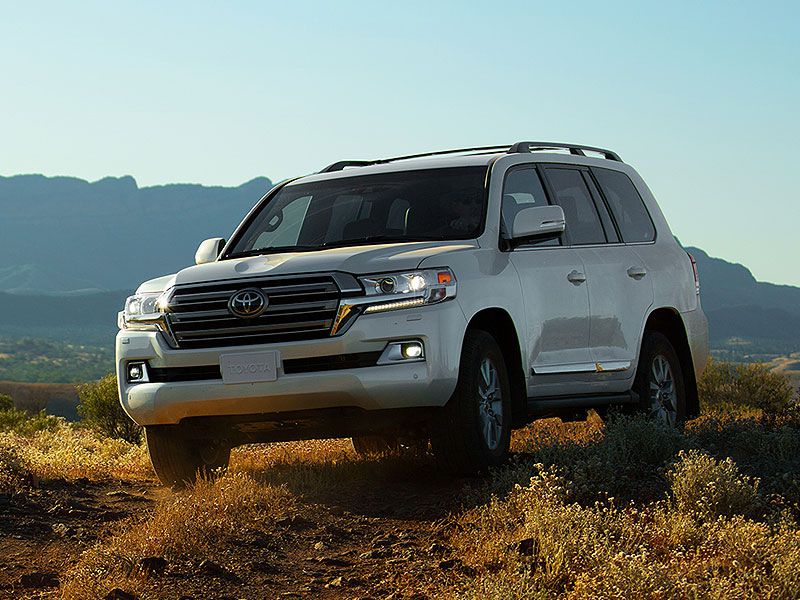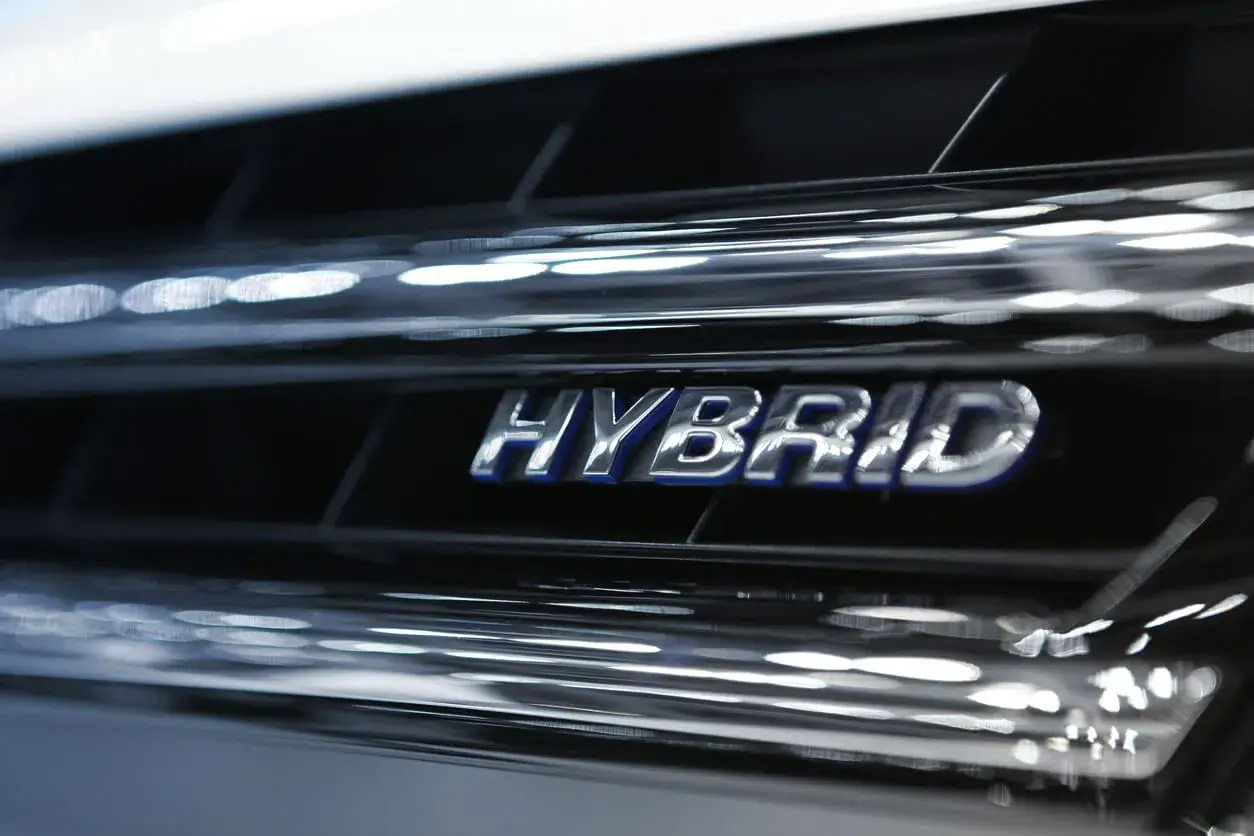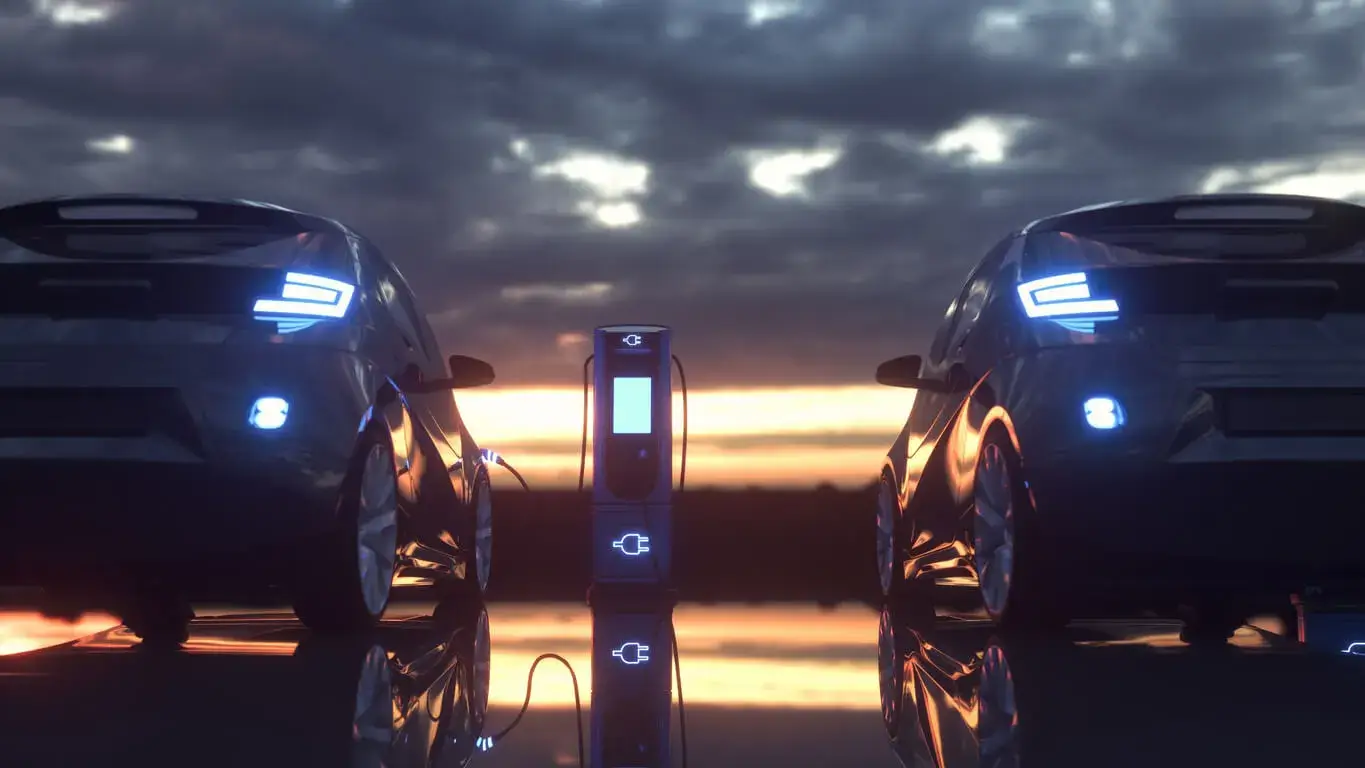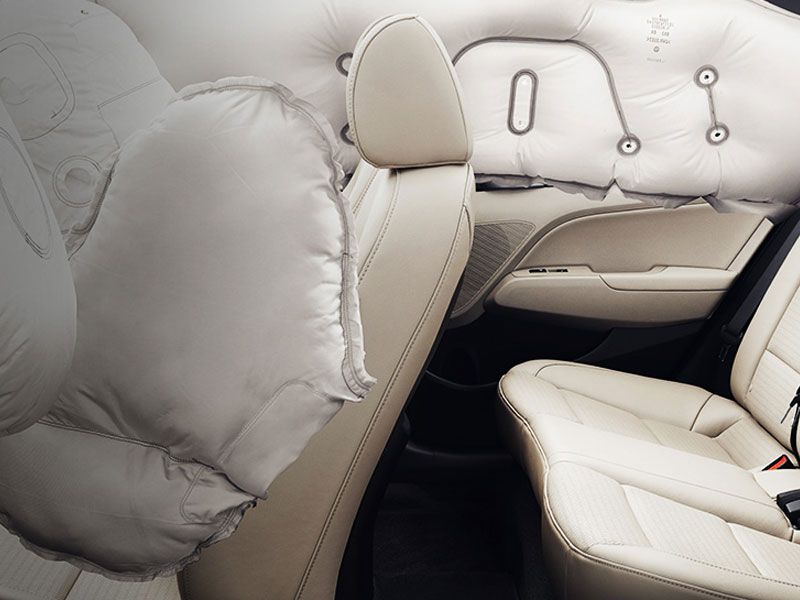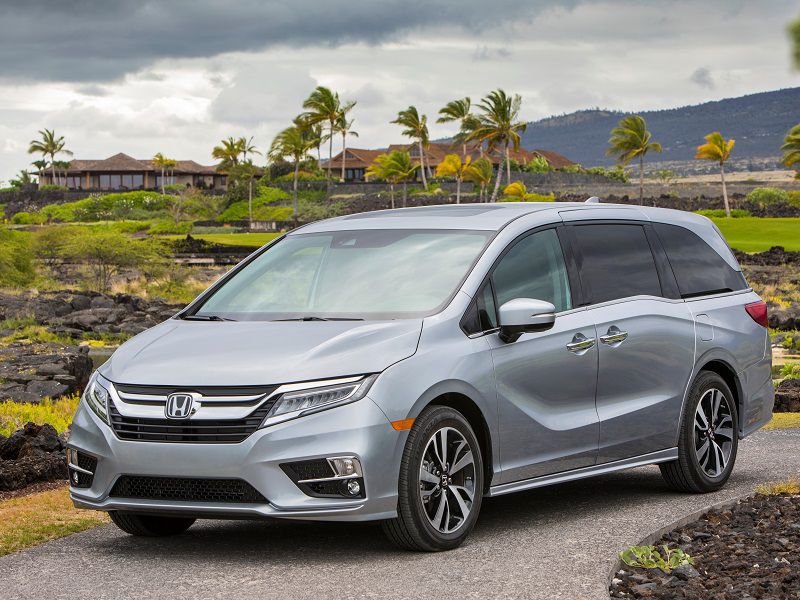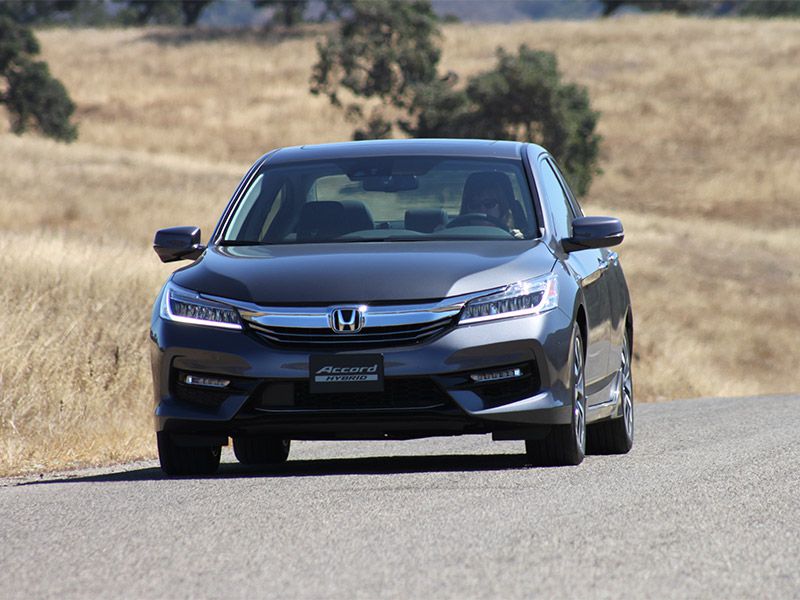Should I Buy a Used Car Warranty?
Frankly, a case can be made for or against almost all of them, but we’ll look at one of the most common, that every buyer will face: the extended used car warranty, or service contract.
Shopping For The Right Used Car Warranty
Now, full disclosure, I did buy an extended used car warranty on my current vehicle, although I did so from a third-party rather than purchasing the one the dealership was offering. While most F&I offices will try to sell you the products right there and roll the cost into your loan—which is a very valid option for many consumers—you can change your mind later. GAP—which is an additional insurance policy that agrees to pay the difference between what your insurance payout is and the actual value of the car in the event the vehicle is totaled. This insurance was created to save you from getting stuck paying thousands of dollars on a car you can no longer drive. It is currently the only product in F&I that must be decided on at the time of purchase. Buying a used car warranty outside of the loan does require paying the cash up front, rather than breaking it into smaller chunks as part of the loan payment, but that option is there. For the warranties themselves, it can be a tangled mess trying to figure out. There are Certified Pre-Owned (CPO) vehicles that carry a certain level of extended warranty already. Beyond that are additional warranties you can buy with CPO vehicles and there are also non-CPO cars with other the warranties. Manufacturers also offer special warranties to think about, as the OEMs still cover some used cars.
What Does "Certified Pre-Owned" Mean?
When buying a used car, CPO is often thought of as the “gold standard.” Cars with that distinction are often in the best condition and needed little to no repairs between the time they were traded in until the time they go up for sale on the lot. They have received a thorough inspection, looking at everything, and because of that, they carry a certain peace of mind. That being said, not all CPO warranties are created equal. Some manufacturers will charge a deductible if a CPO car needs repairs, while others will not. And that deductible can range from $50 to $150 or more. The fine print is also a factor; some CPO warranties come with roadside assistance, some have more comprehensive coverage and others cover longer periods of time or mileage. While no one likes to read the fine print, it’s important here to know exactly what your dealer’s CPO program covers before making that decision.
Whether you buy a CPO vehicle or not, the odds are good you will have the option to purchase an extended used car warranty at some point in the life of the vehicle. So what does it cover? Well, that can vary wildly by the provider of the warranty and the condition of the car. Most manufacturer warranties offer basic powertrain coverage that, depending on the age of the car, will still be in effect at the time of purchase; that is to say, if something major goes wrong with the vehicle, such as the brakes failing, it will be covered. That said, if something occurs, such as the seat cover begins to tear or the navigation system goes on the fritz, even if it is still in the manufacturer’s warranty period, it will often not be included in your coverage. And depending on the extended coverage you purchase, it may or may not be covered by your additional warranties either. Some cover only parts that break, while others will include normal wear and tear repairs, where the part is worn but not necessarily broken, in their coverage. Some will just cover the major working parts of the vehicle, while others will cover anything in or on that car. Again, it is key to read the fine print before you purchase to know what you are buying.
Which Used Car Warranty Should I Get?
When you are sitting in the F&I office, it is very likely you won’t just be offered a single warranty option, either, but a range of choices. This is designed to give consumers on a variety of budgets the ability to get the peace of mind that comes with a warranty. It often scales up from “just a breakdown” coverage to the full “wear, tear, absolutely everything," coverage. While many experts will debate this, we suggest going with the highest coverage you can afford. For used cars, especially, you just never know what problems could crop up, and a surprise repair could end up costing thousands of dollars. Buying more comprehensive coverage will increase the likelihood that any problems will be covered, and brings a much greater peace of mind.
